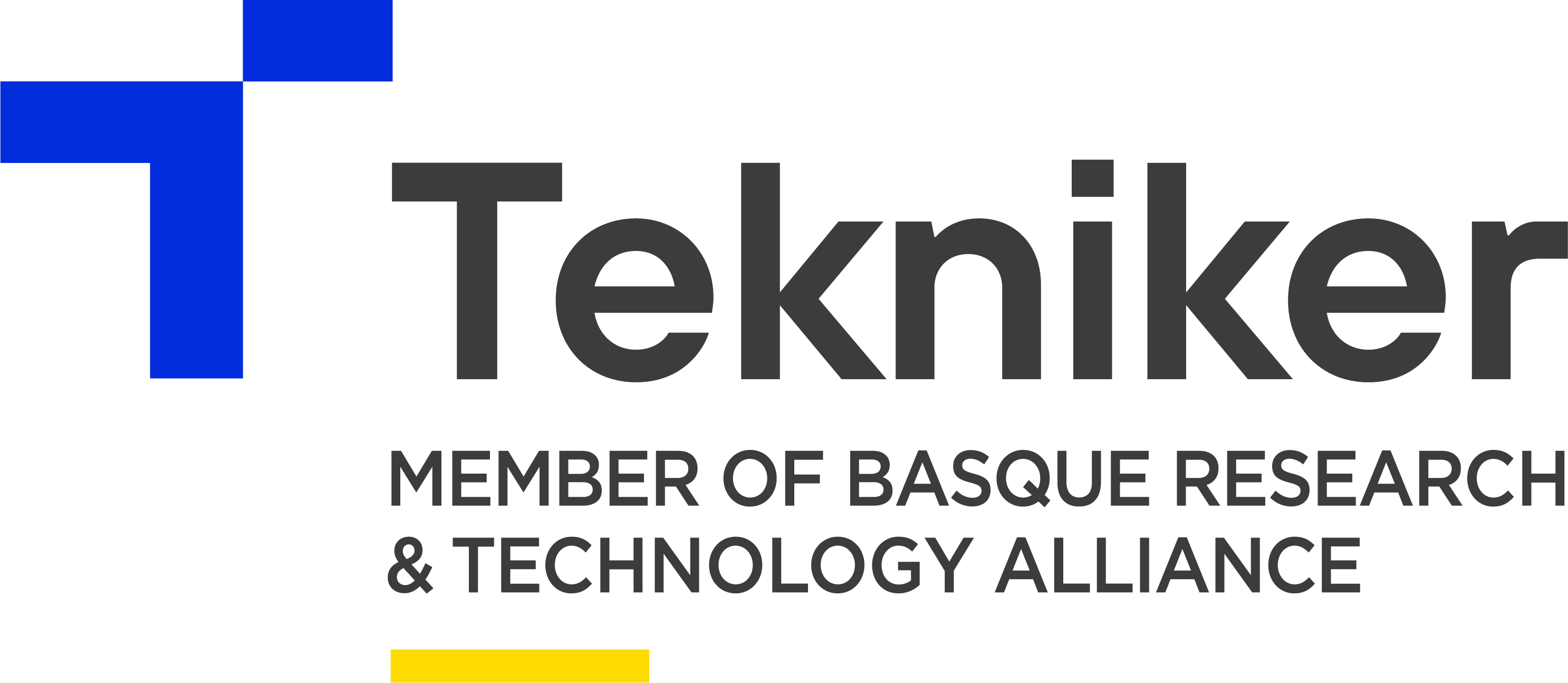
Tekniker
For the optimisation of the energy management of facilities of all types, it is very important to have forecasts that allow decisions to be made as soon as possible. Forecasts can be both demand and production forecasts in order to align the two through active demand or production management actions.
To have a framework that facilitates the deployment and execution of forecasts in different contexts, with different levels of aggregation and different time horizons. In addition, it allows automation of the updating of the prediction models so that they do not lose accuracy over time.
It should be taken into account that to generate prediction models it is more appropriate to use specific languages such as R. However, for the deployment and programming of the prediction execution, execution environments based on Java frameworks are more suitable. All of this is supported by specialised databases to manage time series data. It is being extended to Python.
Based on open source technologies and low hardware requirements. Can be deployed in any Edge or Cloud environment
R, Java, Time series databases, Docker.
Time series of energy, topographic and environmental data.
A team of four data analysts and two project managers collaborated in the design and validation. The main development was done by a programmer. The most important personnel were assigned to the collection and preparation of the historical data series necessary for the validation, which were extracted from different internal and external sources of information.
A team of four data analysts and two project managers collaborated in the design and validation. The main development was done by a programmer. The most important personnel were assigned to the collection and preparation of the historical data series necessary for the validation, which were extracted from different internal and external sources of information.
There is no KPI measurement of business impact. Validations detected improvements of up to 30% in the degradation loss of the models.
The project was funded by Tekniker’s Specialisation Plan, the European REACT and FEDECOM projects, and the MULTIHUB project (Hazitek Estratégico).
Pilot Island La Graciosa – forecast electricity demand and photovoltaic production Giroa-Veolia – thermal demand forecasting IBIL – electricity demand forecast